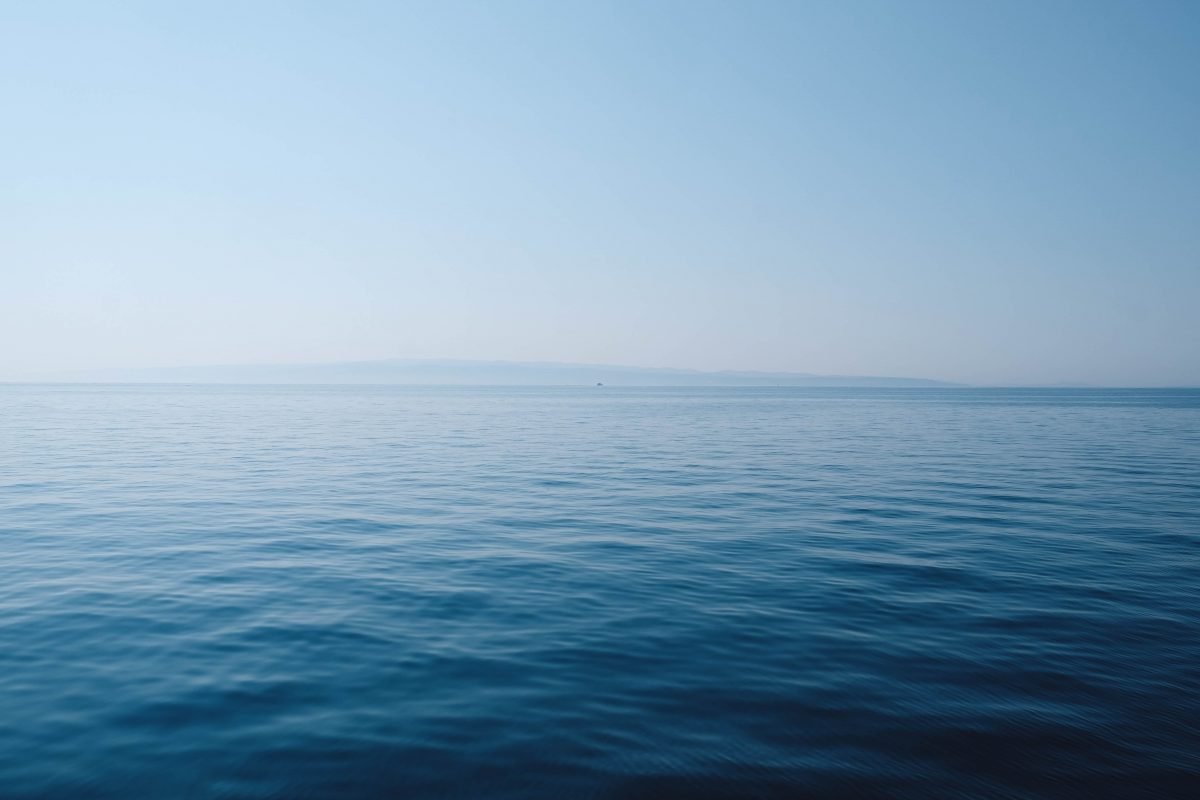The United Nations Decade of Ocean Science for Sustainable Development 2021-2030 (referred to as ‘the Decade’) is finally here! Two big questions that might be on your mind are how the Decade is going to be implemented and what that will look like. Well, no need to worry. An implementation plan has been developed to explain how the Decade will look and present an overview of the goals and objectives for the way ahead.
This is part one of a two-part series where I will review the history and rationale behind the implementation plan. Part two will dive deeper into the Action Framework and the Decades challenges, objectives, and processes. If you would like to be notified when part two comes out, you can subscribe to Eat Blue™ and follow @EatBlueNow on social media to receive updates whenever a new article is posted.
History of the Implementation Plan
The idea for the Decade initially came from the Intergovernmental Oceanographic Commission (IOC) of UNESCO in early 2016. At the time, there was increasing recognition and understanding that the ocean was vital for our survival as it provided critical life-supporting services and acted as a key ally in our fight against climate change.
On 5th December 2017, it was proclaimed by the 72nd Session of the General Assembly (UNGA) that the UN Decade of Ocean Science for Sustainable Development would be from 2021-2030. To bring the Decade to life, the IOC was tasked to prepare an Implementation Plan for the Decade in consultation with all relevant stakeholders.
Version 1.0 of the Implementation Plan was developed over a three-year preparation process that involved inputs from thousands of stakeholders including Member States, specialized agencies, funds, programmes and bodies for the United Nations, intergovernmental organizations, non-governmental organizations and other relevant stakeholders. A peer-reviewed zero draft of Version 1.0 of the Implementation Plan was released in March 2020.
The current version (Version 2.0) was updated after a comprehensive review in June and July 2020.
Rationale for the Decade
So, what specifically was the rational for implementing the Decade of Ocean Science? We live on a blue planet. The ocean, which covers 71% of the Earth’s surface, is not only a valuable ally in the fight against climate change but it is also a source of significant cultural, aesthetic and recreational values. The ocean provides food and supports the livelihoods of over 3 billion people. Economically, conservative estimates by the OECD indicate that the ocean economy generated US$1.5 trillion in 2010 and could potentially reach an output of US$3 trillion by 2030.
However, the ocean is now under threat. Deoxygenation, reduced coral cover, harmful algal blooms, and increased plastic pollution are some of the major challenges facing the ocean. Over 40% of the ocean’s surface is strongly affected by multiple drivers. Global ocean warming has also continued unabated since the 1970s, with the rate doubling since the early 1990s. As a result, there is an urgent need to improve the management of our ocean to reverse its current decline.
However, we cannot manage what we do not know. And there is very little we know about the ocean. 19% of the ocean floor has been mapped so far and there are vast areas of the deep ocean where we have limited knowledge. The lack of understanding of the ocean stems partly from the limited investments in ocean science historically. Roughly, only 1% of national research budgets were attributed to ocean science between 2013 and 2017.
The Decade will be an opportunity to build scientific capacity and knowledge to contribute to the goals of the 2030 Agenda. It will also contribute data, knowledge and increased capacity relevant to achieving aspirations contained in other global, legal and policy frameworks including the United Nations Framework Convention on Climate Change (UNFCC) and the Paris Agreement on Climate Change. If the Implementation Plan can be executed effectively, it will allow us to reverse the decline in the ocean’s health.
The Effects of COVID-19 on Decade Implementation
The preparation of the Implementation Plan was undertaken during the global COVID-19 pandemic. Already, the pandemic has had real-time effects on ocean science. The pandemic has severely disrupted observations and data collection, resulting in data gaps that could threaten the quality of forecasts that are essential for the management of climatic and ocean risks moving forward.
Unless governments and other resource providers are convinced otherwise, funding for ocean science could be perceived as a non-essential activity, especially in small island developing states (SIDS) and least developing countries (LDCs), who already have limited resources available. If measures are not taken, this could result in an even bigger gap in ocean science capacity for these countries.
The start of the Decade comes at a vulnerable moment for the world. We will need strategies and policies in place to ensure that no one is left behind. We all have to do our part and I hope you can join us in this journey to learn and help protect our precious oceans!
